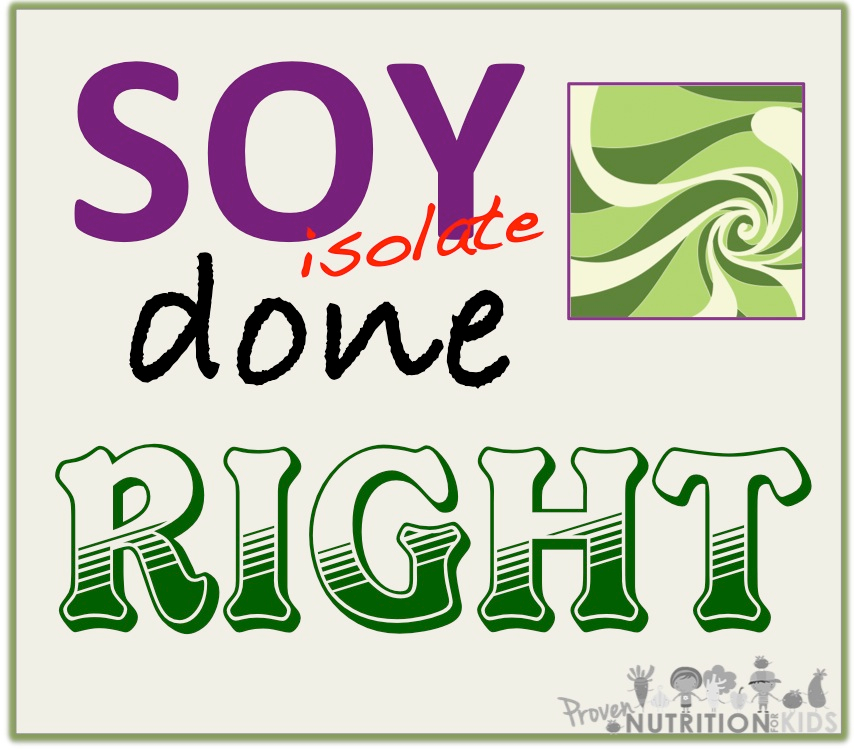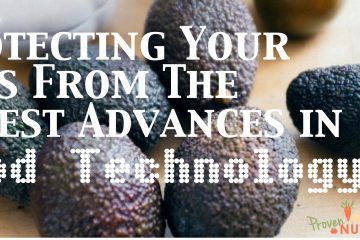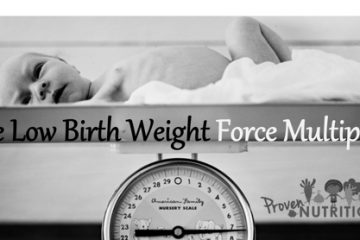Two Dietary Changes to Help Prevent Breast Cancer
There are two dietary improvements that we can be doing now to help our daughters prevent breast cancer. Breast cancer is affecting so many women today–so many more than 20, 30, or 40 years ago. It’s a really, really sad epidemic that has hit our nation, but there are proven dietary changes that can help our daughters reduce their risk.
Reduce Fast Food Eating
The first thing we can do is to reduce the intake of fast food meals. There is a powerful and growing connection between diet, obesity and breast cancer. Most breast cancer incidences (greater than 85%) are not genetic. An overall healthy lifestyle is still the most effective way to prevent breast cancer.
Reducing fast-food meals means we are also reducing cholesterol, fat, sugar, and extra calories. Reducing these meals also forces us to plan for healthier alternatives. So if we can help our family have a healthier diet, we will give our daughters a huge leg up on the breast-cancer fight later in life.[1. “Diet and Risk of Breast Cancer.” March 16, 2016. https://www.ncbi.nlm.nih.gov/pmc/articles/PMC4829739/]
A Great Dietary Goal: To reduce the fast food eating to less than one meal a week.
I know. This may sound impossible. There are families who are eating out every single day or who are eating fast food several times a week. But this type of eating is not going to help our daughters in the fight against breast cancer.
Increase Soy Protein Consumption
The second thing that we can be doing for our daughters is to increase their consumption of soy protein on a daily basis.
I know what you may be thinking.
There are a lot of soy bashers out there on the Internet.
You’ve probably heard conflicting messages about soy and breast cancer. Did you know that a lot of the negative messages about soy are coming from rodent studies? (Rodents, by the way, have an entirely different way of metabolizing soy than humans.) These studies done with rodents should never take the place of actual human data and human clinical research.
 The soy bashers also like to vilify the effects of isoflavones. These are estrogen-like chemical compounds, but they are not estrogen. In fact, the soy isoflavones have an anti-estrogenic affect in the body. This is great news since most breast cancers are estrogen-fed.
The soy bashers also like to vilify the effects of isoflavones. These are estrogen-like chemical compounds, but they are not estrogen. In fact, the soy isoflavones have an anti-estrogenic affect in the body. This is great news since most breast cancers are estrogen-fed.
Soy protein as part of a healthy diet is proven to help prevent breast cancer, reduce the negative effects of breast cancer therapies (ie. radiation, chemo), and even decrease mortality in many with stage 4 breast cancer. [2. Chaney, Steve, MD. “Soy and Breast Cancer Survivors.” https://healthtipsfromtheprofessor.com/soy-and-breast-cancer-survivors/],[3. Chaney, Steve, MD. “Soy and Breast Cancer.” https://healthtipsfromtheprofessor.com/soy-breast-cancer/] For these reasons and others, the U.S National Cancer institute and laboratories around the world have been investigating and researching the role of soy protein for the last 20 years in the role of breast cancer prevention.
Soy protein is a great plant protein option for teen girls. For myself and my two teenage daughters, our regular intake of non-GMO soy protein has helped to balance out our hormones. True! I’m so thankful for this amazing plant protein! The benefits of soy can even be experienced now.
A Great Dietary Goal: To Increase non-GMO soy protein consumption to 1-2 servings daily (about 25-30g).



0 Comments